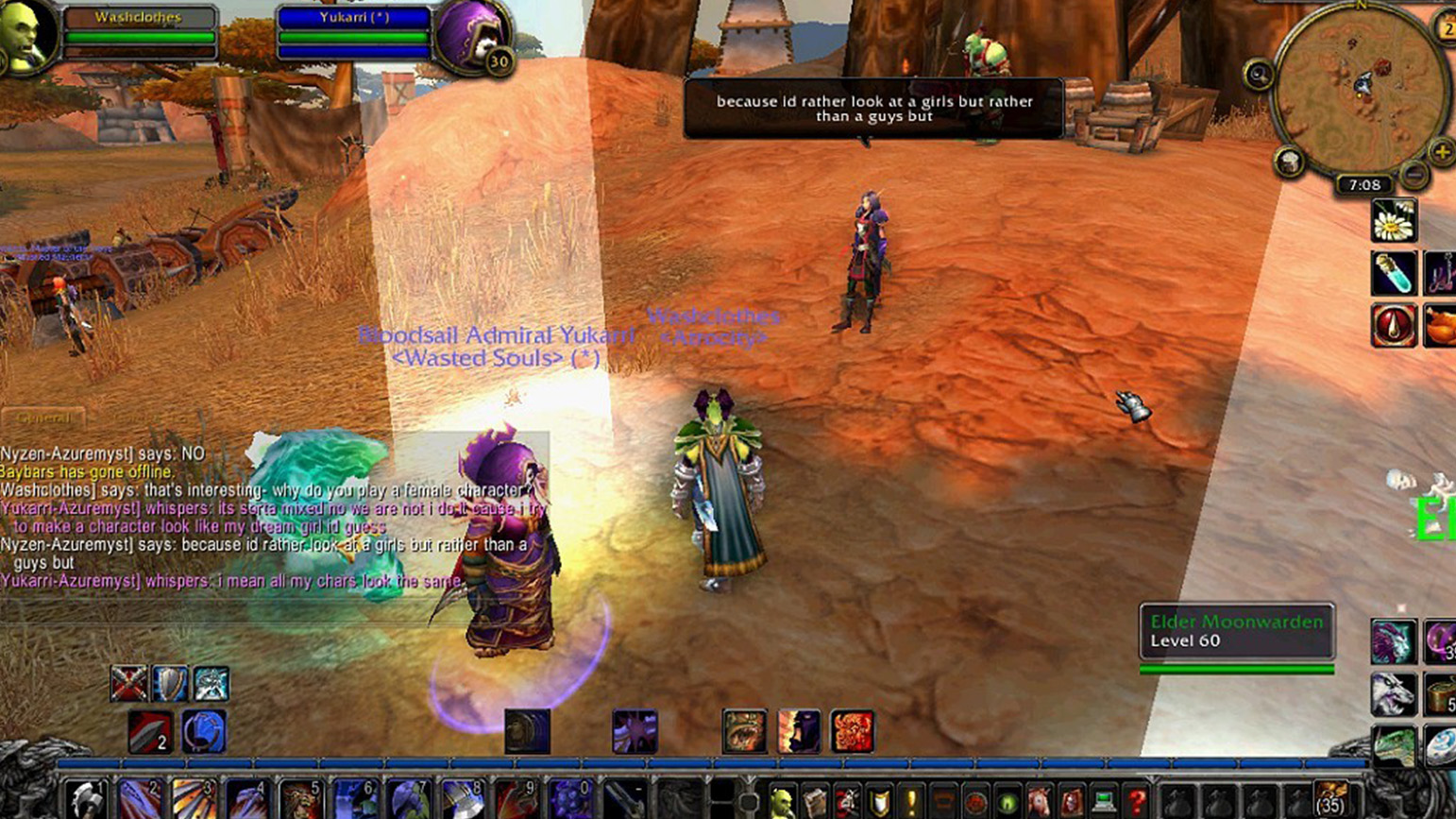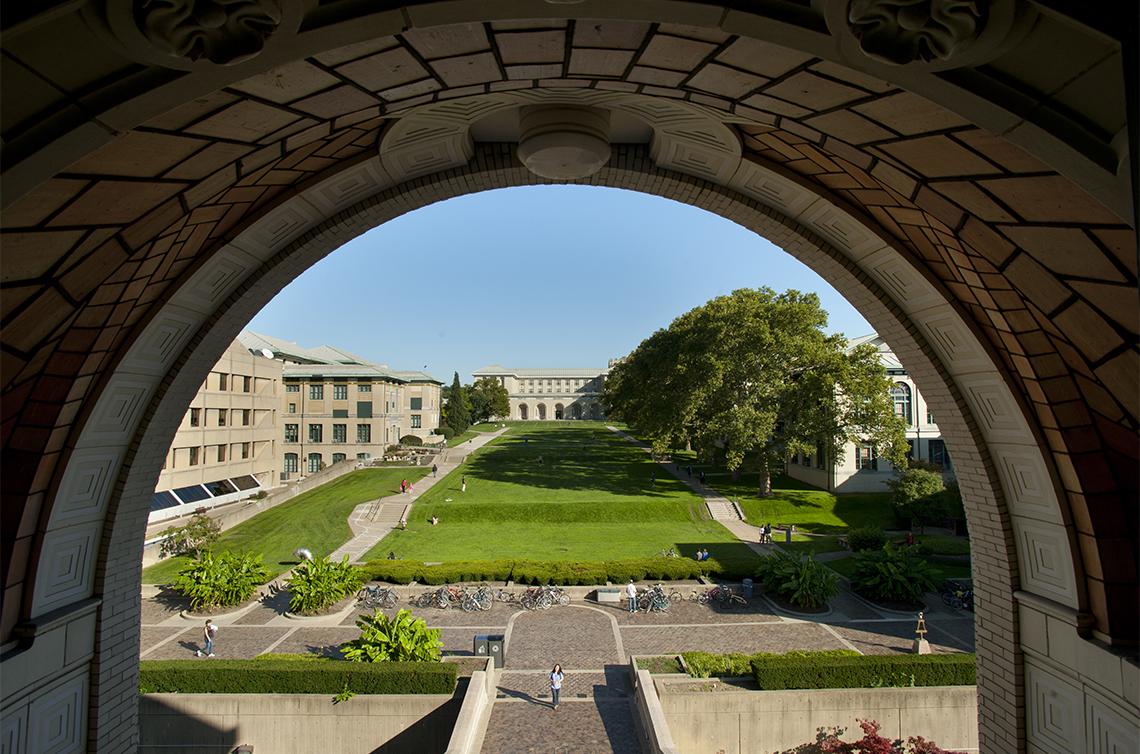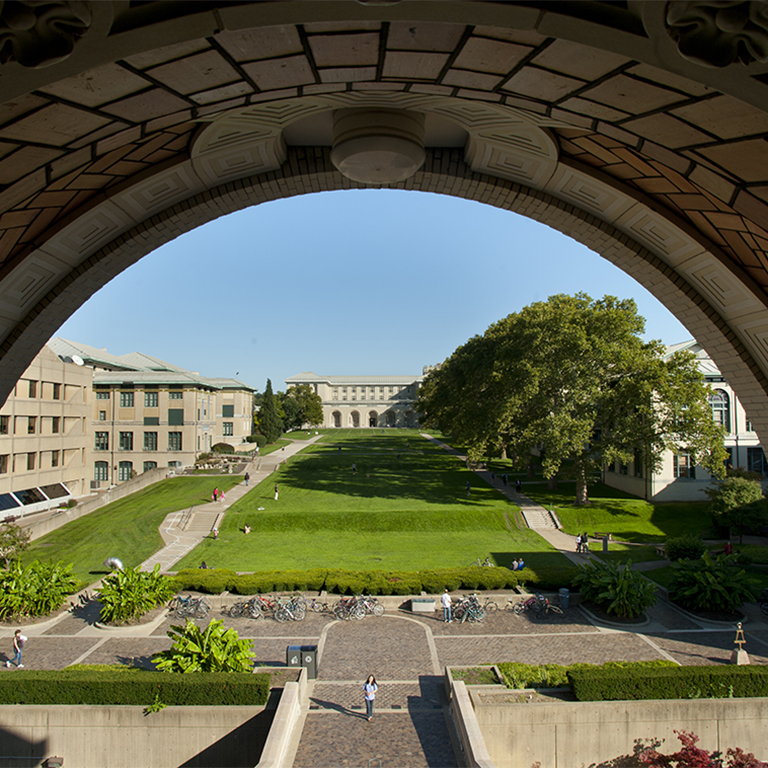
Professor Angela Washko was featured, along with artist Joseph DeLappe, in an article for The Face magazine on how the two artists are turning online video games into protests sites. The article includes an interview with Washko and an extensive discussion of her gaming interventions in “World of Warcraft.”
Edwin Evan-Thirlwell writes, “The result of [Washko’s] ruminations [on the gathering and organizing in ‘World of Warcraft’] was ‘The Council on Gender Sensitivity and Behavioral Awareness in World of Warcraft’ – a parodically grandiose, one-woman intervention against the game’s background hum of misogyny and harassment. The concept was straightforward: Washko would roam the burgs and wilds of Azeroth, occasionally at an advertised time, asking other players for their opinions on women and feminism. She would attempt to talk chauvinistic players through their prejudices, while giving women and marginalised people a chance to express themselves. Many of these conversations are recorded on video; a few were carried out before a live audience at exhibitions and conferences.”
Washko’s interventions in “World of Warcraft” were also included in a Frieze Magazine article on how artists texted the limits of technology in the 2010.
Luba Elliot writes, “Angela Washko’s performance video, ‘We Actually Met in World of Warcraft (2015),’ represents the culmination of three years of ‘World of Warcraft’ infiltration, in which the artist confronted other players about the treatment of women within gaming spaces. Not only is the work poignant for the variety of answers she receives, but it also raises questions about online safety. While ‘World of Warcraft’ is virtual, Washko’s altercations with gamers put her in real-life danger, as was highlighted by the 2014 #Gamergate controversy, which led game developer Zoe Quinn – a victim of severe online harassment and death threats – to flee her home after her address was made public.”




